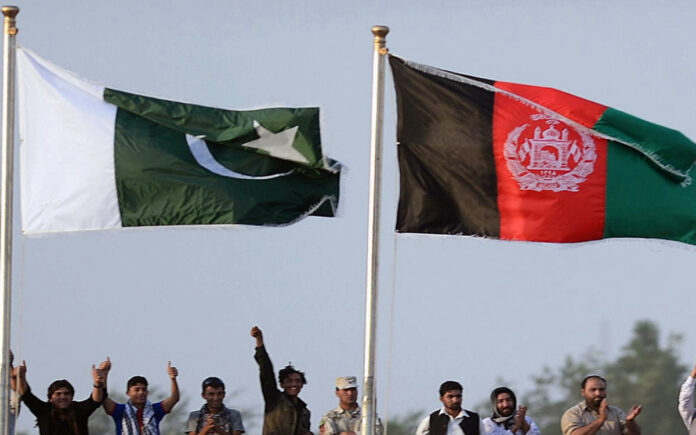Islamabad: Pakistan’s Special Representative on Afghanistan, Ambassador Asif Durrani, underscored the severity of Pakistan’s internal challenges stemming from the Afghan crisis, surpassing even the historical conflicts with India.
Speaking at the International Conference “Pakistan in the Emerging Geopolitical Landscape”, Durrani highlighted the profound impact of Afghanistan’s internal situation on Pakistan. He noted that Pakistan had suffered significantly more due to increased attacks by the outlawed Tehreek-i-Taliban Pakistan (TTP) operating from Afghan soil than in its three wars with India.
Durrani lamented the toll exacted on Pakistan, with over 80,000 lives lost during the past two decades of the war on terror, and the nation still grappling with the aftermath.
Despite initial hopes for regional peace following the withdrawal of NATO forces from Afghanistan, Durrani observed that such expectations were short-lived. He cited a 65% increase in TTP attacks on Pakistan’s border areas and a staggering 500% surge in suicide attacks, originating from Afghan territory.
Also Read | Rapper Toomaj Salehi’s Death Sentence Confirmed by Iran’s Judiciary
The ambassador expressed Pakistan’s deep concern over Afghan nationals’ involvement in these attacks, further complicating the security landscape.
Reflecting on Pakistan’s geopolitical challenges, Durrani highlighted the nation’s enduring struggle following the Soviet Union’s invasion of Afghanistan and the subsequent post-9/11 era. Pakistan’s losses, including 80,000 lives and an estimated $150 billion in economic opportunity costs, underscored the profound impact of regional instability.
Despite Pakistan’s designation as a non-NATO ally, Durrani noted adverse effects from NATO members’ travel advisories, hindering trade and economic growth. He emphasized the enduring significance of Afghanistan in Pakistan’s regional paradigm over the past four decades.
Also Read | US Condemns Russia’s Rejection of UN Resolution on Space Weaponry
Looking ahead, Durrani acknowledged the persistent challenges along the western border but expressed confidence in Pakistan’s diplomatic capabilities to address them, including tackling the TTP threat.
Durrani underscored Pakistan’s enduring partnerships with China and Iran, recognizing their potential to bolster security and economic cooperation. However, he cautioned against emerging challenges from Indo-US relations, Middle Eastern dynamics, and the Israel-Palestine conflict, urging strategic diplomacy to navigate these complexities.



